The number of active satellites in low Earth orbit has doubled in the last two years. With this many satellites in space, the risk of collisions needs to be addressed. Dawn Aerospace has partnered with SPHERICAL and UARX Space are undertaking work to de-risk technologies for smart-propulsions systems, used for de-orbiting satellites and the end of their lifetime.
Jeroen Wink, CRO of Dawn Aerospace comments:
“We believe in sustainable space access for all and responsive propulsion systems are key to preventing new space debris. Partnering with UARX and SPHERICAL on this early-stage R&D will speed up the development of this critical technology.”
The partnership will see each company develop technology in their areas of expertise.
Dawn is aiming to mitigate fuel sloshing through the development of super critical storage in its propulsion systems. This is a unique feature of the nitrous oxide-based propellant choice Dawn utilizes. SPHERICAL will design a power management system that will work in the event of satellite failure. UARX will work on a control algorithm that can calculate a clear path to de-orbit the satellite.
UARX Co-founder and CEO Yanina Hallak emphasized,
“As we establish a space ecosystem in LEO and beyond, mitigating further debris generation will be critical.”
The collaboration was announced at the Space Tech Expo in Bremen, in the presence of the regional Minister of Economic Affairs and Innovation of Zuid-Holland, Meindert Stolk.
The Province of Zuid-Holland is one of the founders and shareholders of regional economic development agency InnovationQuarter, which has invested in both Dawn and SPHERICAL through their InnovationQuarter Capital and UNIIQ funds.
“I am very proud that these two rising stars from our space ecosystem have found each other. By combining their strengths, Dawn and SPHERICAL are not just building a successful partnership but are also contributing to the growth and prosperity of our Aerospace Delta region,”
said Meindert Stolk.
SPHERICAL CCO Bastiaan Bom added:
“Being part of the Dutch space ecosystem was a great advantage in the early stage of our company. We are thrilled to be working with our first customer from the province of Zuid-Holland”.
About Dawn Aerospace:
Dawn Aerospace is building a sustainable space transportation network. They are the leading provider of nitrous-based green propulsion systems in the world with 69 thrusters in orbit on 14 satellites. They’re also developing a spaceplane, a launch vehicle that combines the performance of a rocket with the reusability and fleet economics of an aircraft.
About UARX:
UARX Space is a Spanish company providing in-space logistics, rideshare, and dedicated launch services for small satellites from LEO to deep space. UARX space recently opened its 1200m2 satellite integration facility, for the production of their OSSIE OTV, which is launching in June 2025 from Cape Canaveral. OSSIE stands for Orbit Solutions to Simplify Injection and Exploration. As part of the Aerospace Pole of Galicia UARX is bringing the aerospace sector to new regions.
About SPHERICAL:
SPHERICAL designs dedicated semiconductors and uses them for electronic subsystems for satellites. By designing semiconductors faster and more efficiently, we can make better systems that are more reliable, easier to control with software, and perform better than competitors.
Source: Dawn Aerospace











